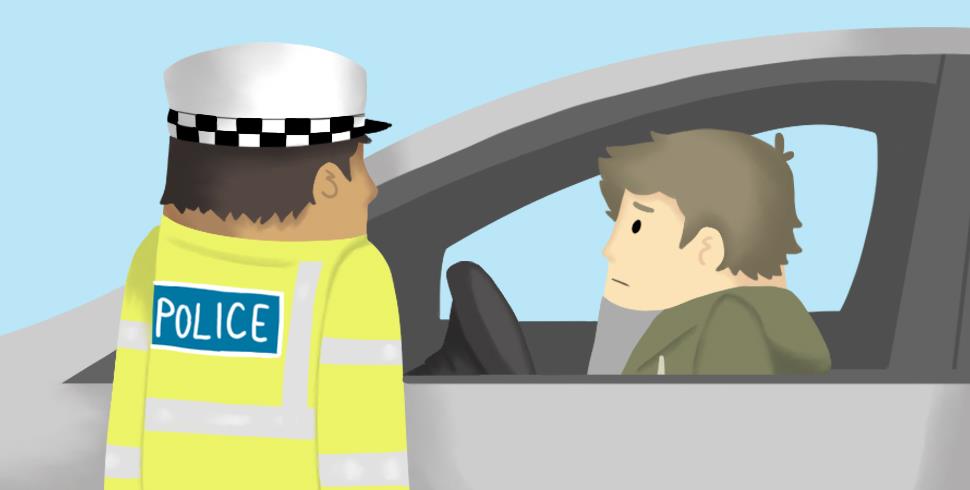
Smart Motorways
MP’s are launching a fresh inquiry into the benefits and dangers of smart motorways after a coroner said they created an “ongoing risk” of death. This comes just weeks after Highways England were referred by a coroner to prosecutors for possible corporate manslaughter after the death of a motorist on the M1.
The Commons transport select committee is to investigate the roads following a further rise in annual deaths and MP’s claim public confidence in the roads is faltering. They will look at whether smart motorway should be scrapped completely or to introduce better safety measures. The Government has promised to assist with this matter calling it an “important inquiry”.
The use of radars
Earlier this year, the Transport Secretary Grant Shapps said he had ordered Highways England to speed up the instillation of radar to detect stopped or broken down vehicles. A decision he made following criticisms over the safety of smart motorways following a double-fatal crash in South Yorkshire. Stopped Vehicle Detection, which uses radar to detect drivers who have broken down in live lanes, is to be rolled out across the network by the end of 2022, bringing it forward by 6 months.
Mr Shapps added that a £5m information campaign is being rolled out to educate drivers on how to drive on smart motorways and what to do if you break down, however, he stated that the Government were not planning on scrapping the smart motorway scheme. It will be interesting to see if the Government’s position changes if the transport select committee advise that smart motorways should be scrapped.
Caught speeding on a smart motorway
A smart motorway is a section of a motorway that uses traffic management methods such as giving information on overhead displays to increase capacity and reduce congestion in particularly busy areas, they have existed in England since 2002. The all-lane-running version which involves opening the hard shoulder permanently to drivers began in 2014. Another version uses a “dynamic hard shoulder”, which opens and closes to traffic, dependent on congestion.
The possible scrapping of smart motorways will be welcome news to many motorists. Variable speed limits often lead to motorists being caught speeding, mostly because they're unaware the speed limit has changed. An increase in speeding prosecutions coupled with the increase in injuries such as lower back pain and avoidable deaths on smart motorways means that the findings of the select committee will be of great interests to many people.



